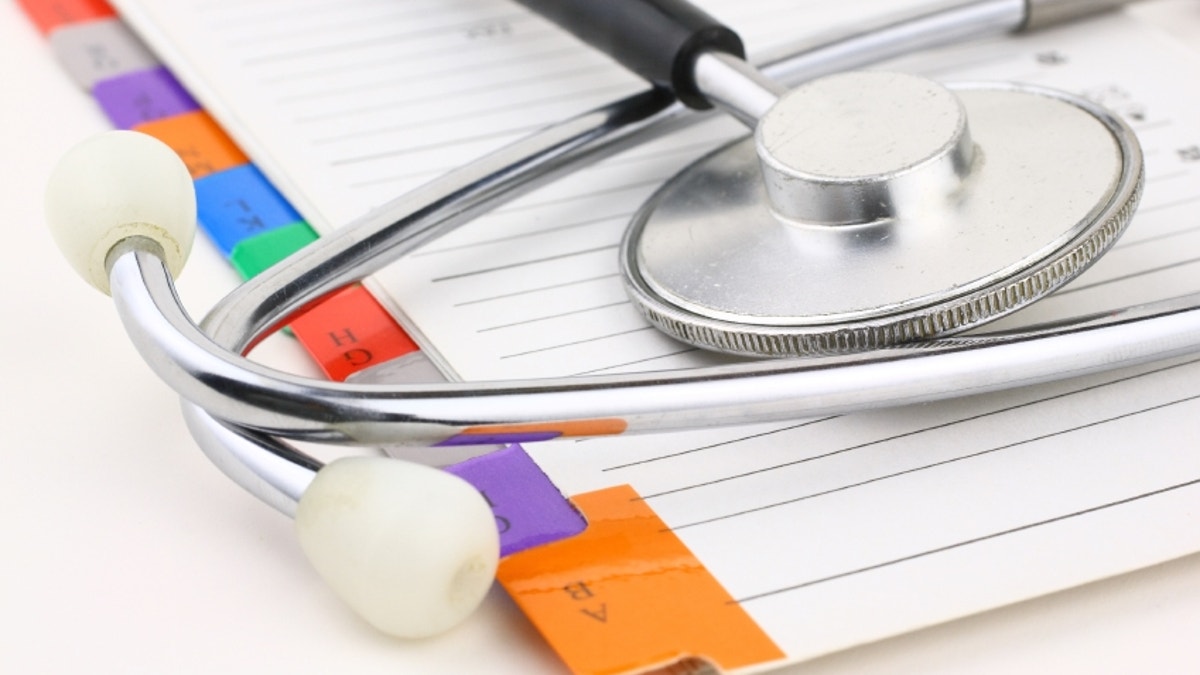
This week’s healthy check-in is all about nixing the habits that actually hinder your care.
For example, we’ve all turned to Dr. Google to self-diagnose mysterious symptoms when we know our best bet is to leave the diagnosis to our doctors instead.
[sidebar]
There are a few other no-nos you should nip in the bud the next time you’re at your physician’s office:
1. Don’t Keep Quiet
Maybe you’ve made the appointment to address a nagging cough, but what you’re really worried about is your heart health. Include both on the list of concerns you share with your doctor. Even if she can’t talk with you at length right then, she can at least discuss them briefly and set up another visit if needed.
2. Don’t Exaggerate
For example, if pain is your problem, gauge your symptoms on a scale of 1 to 10 (1 is not bothersome; 10 is the worst you can imagine). Your head might be throbbing, but don’t say it’s a 10 unless it actually is. Chances are you would be in the emergency room if you really felt that bad.
3. Don’t Always Ask for a Pill
If you have knee pain, for example, you might think the easiest way to manage it is to go on pain medication. However, often the best way to tackle many health problems—from high cholesterol to knee trouble—is to change your lifestyle first (by losing weight, eating better or exercising) rather than turning to medication, medical therapy (such as injections for knee pain) or surgery.
4. Don’t Be Sneaky About Going Off Your Meds
It’s never a good idea to go off any drug cold turkey without your doctor’s knowledge. Stopping some blood pressure drugs can cause irregular heartbeats and worse, trigger a heart attack.
5. Don’t Forget to Mention Supplements
Always tell your doctor if you’re taking vitamins or supplements — some might interact badly with other medications. Garlic supplements, for example, can interact negatively with blood-thinning medications.
6. Don’t Insist on Certain Tests
Although having a screening or test might reassure you, it isn’t always beneficial. Before you ask your doctor to take this extra step, ask her if she thinks it’s really helpful in your particular case and what the risks are.
7. Don’t Assume That No News Is Good News
If you haven’t heard the results of your test, chances are the office simply forgot to get back to you, but follow up anyway to be sure. It’s more common than you might think for the lab to fail to return the results or for files to be misplaced, according to recent research conducted by the University of Chicago.
